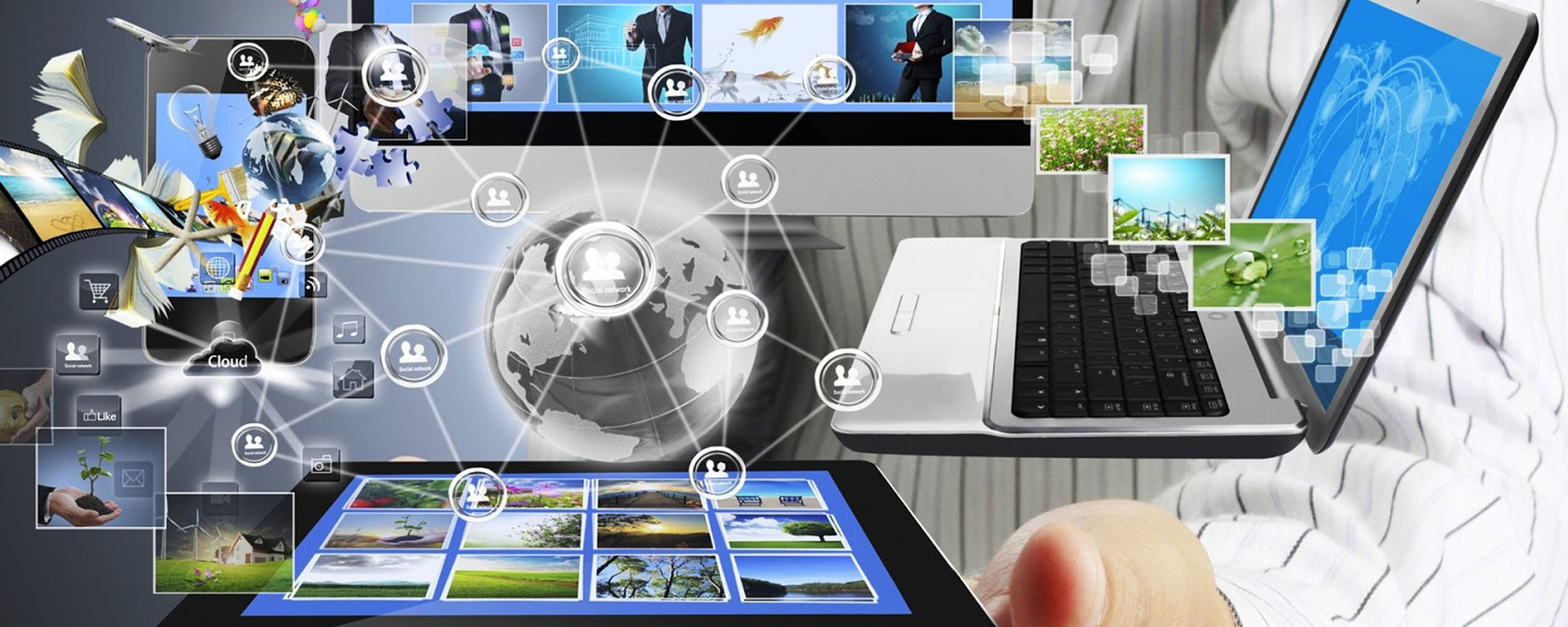
What Is Sensing Technology? How Is It Relevant To Sensors?
) with the harnessing of electricity to permit such innovations as the electric motor, mild bulb, and countless others. Scientific advances and the discovery of new ideas later allowed for powered flight and developments in medication, chemistry, physics, and engineering. The rise in technology has led to skyscrapers and broad urban areas whose inhabitants depend on motors to move them and their food provides.
This new-discovered knowledge might then be used by engineers to create new instruments and machines corresponding to semiconductors, computer systems, and other types of advanced technology. In this sense, scientists and engineers might both be thought of technologists; the three fields are often thought-about as one for the needs of analysis and reference.
Some of probably the most poignant criticisms of technology are present in what at the moment are thought-about to be dystopian literary classics corresponding to Aldous Huxley’s Brave New World, Anthony Burgess’s A Clockwork Orange, and George Orwell’s Nineteen Eighty-Four. In Goethe’s Faust, Faust promoting his soul to the satan in return for power over the physical world can also be typically interpreted as a metaphor for the adoption of industrial technology. More lately, fashionable works of science fiction such as those by Philip K. Dick and William Gibson and movies similar to Blade Runner and Ghost within the Shell project extremely ambivalent or cautionary attitudes towards technology’s influence on human society and identity. Generally, technicism is the belief in the utility of technology for enhancing human societies. Some, similar to Stephen V. Monsma, join these ideas to the abdication of faith as a better ethical authority.
Effects Of Technology
The notion of acceptable technology was developed within the 20th century by thinkers such as E.F. Schumacher and Jacques Ellul to describe situations where it was not fascinating to make use of very new technologies or people who required entry to some centralized infrastructure or parts or expertise imported from elsewhere. Nikolas Kompridis has also written about the dangers of new technology, such as genetic engineering, nanotechnology, artificial biology, and robotics. He warns that these applied sciences introduce unprecedented new challenges to human beings, together with the potential of the permanent alteration of our organic nature. These issues are shared by other philosophers, scientists and public intellectuals who have written about similar issues (e.g. Francis Fukuyama, Jürgen Habermas, William Joy, and Michael Sandel).
Communication improved with the invention of the telegraph, phone, radio and tv. The late-nineteenth and early-20th centuries noticed a revolution in transportation with the invention of the airplane and automobile. Technology is often a consequence of science and engineering, although technology as a human activity precedes the 2 fields. For example, science may research the flow of electrons in electrical conductors through the use of already-current tools and knowledge.
